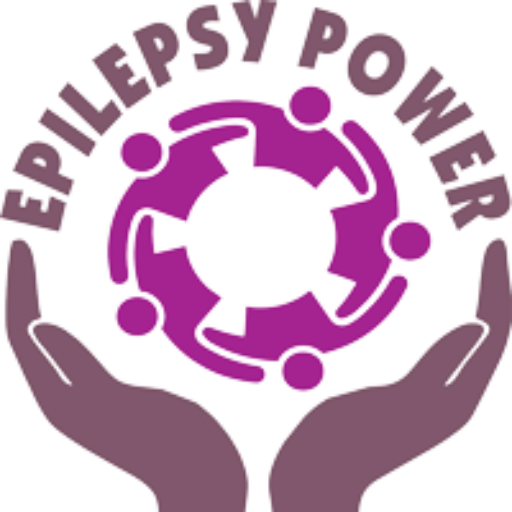- Introduction
- Section 1: Understanding the nature of epilepsy and recognizing potential triggers.
- Section 2: Challenges faced by people with epilepsy prior to employment
- Section 3: From respecting medical confidentiality to defining and implementing the necessary reasonable accommodations: the key role of the occupational physician
- Section 4: Type of accommodation for people with epilepsy in the workplace.
- Section 5: Ensuring safety in the workplace and creating a plan of action
- Concluding remarks
- Quiz
Total Participants: 1
Testimony from Aurélie, 33, treated for epilepsy for 6 years:[1]
“At first, when I had a job interview, I’d tell people about my illness, but the problem was that people were afraid. They’re almost afraid that it’s contagious. They think it’s a generalized seizure, but thanks to my treatment, I only have partial seizures. Partial seizures manifest themselves as sudden hot flushes. This is often followed by uncontrollable movements of the lips or hands. These seizures generally last less than a minute. I still suffer from them four times a month, despite taking medication.”
“These symptoms complicate my job search. I’m immediately judged. Contracts come to an end or aren’t renewed because people don’t want us anymore. And strangely enough, even if they don’t say it to my face, I know it’s because of that.”
[1] Arouche, C. (2021, 9 février). TÉMOIGNAGE. Vivre avec l’épilepsie : « On en a marre qu’on nous regarde comme si on était taré » . France 3 Normandie. https://france3-regions.francetvinfo.fr/normandie/seine-maritime/rouen/temoignage-vivre-avec-l-epilepsie-des-normands-racontent-1948864.html
There are three challenges that people with epilepsy need to overcome before being hired. These are seizure control, driving restrictions and choosing whether or not to disclose epilepsy.
Seizure Control:
There is a consensus on the significant impact of crises on people’s lives, affecting their ability to work due to unpredictability and associated risks (falls, injuries).
Employers need to understand the importance of seizure control, and therefore attention to triggers, if people with epilepsy (PwE) are to lead normal lives and work effectively.
Driving Restrictions: Legal restrictions on driving due to epilepsy affects career choices and transport options for people with epilepsy. Difficult access to the workplace can hinder professional integration.
A number of measures can help to resolve these difficulties:
- Assess driving abilities on a case-by-case basis, taking into account individual situations so as to limit driving according to the severity of the epilepsy.
- Implement measures to provide access to public transport at reduced fares.
- Find appropriate solutions to compensate for the lack of public transport in rural areas.
Employers must also be aware of these difficulties and adapt to employees with driving restrictions by proposing solutions such as:
- Facilitating carpooling with colleagues for home-to-work journeys.
- Allowing employees to work from home whenever possible.
- Transferring the person to a position where driving is not required.
- Adapting the person’s schedule so that he or she can use public transport.
- Pairing the person with a colleague who can drive to events or work meetings.
Disclosure: People with epilepsy face a dilemma common to those with invisible disabilities: whether or not to reveal their disorder. Reduced self-esteem, stigma, and fears of professional implications are all factors that discourage disclosure. People with epilepsy have reported instances where disclosing their condition during interviews led to job rejections. Similarly, disclosing after being hired could affect promotion opportunities.
It is suggested however, to disclose early to facilitate understanding and accommodations rather than risk dismissal for non-disclosure during crises. Organizations like Epilepsy Ireland offer resources to support people with epilepsy in their disclosure decisions.
From the hiring phase, the future employer has a role to play in creating an equitable environment and combating discrimination to encourage the disclosure of epilepsy, thereby promoting the implementation of necessary accommodations.
Reflective exercise
One of the challenges for people with epilepsy is disclosing their disability for fear of being stigmatized. Imagine that an employee in your organisation has not disclosed her illness to her colleagues and that this has not only had consequences for her performance and attendance but has also caused discontent within her team. If you were familiar with her situation, what advice would you give her and what arguments would you use?
